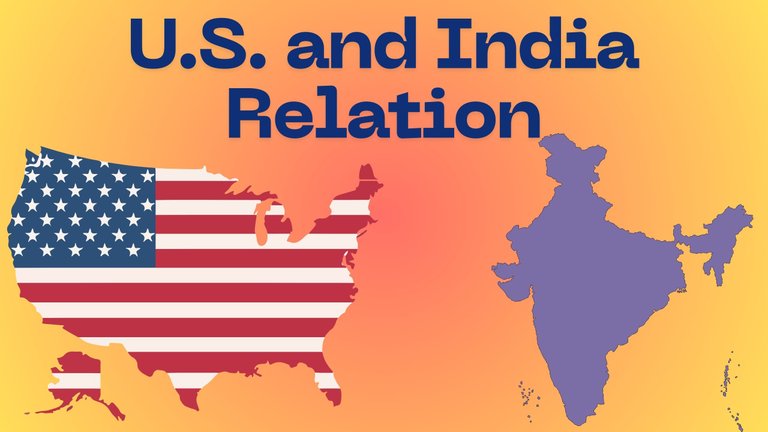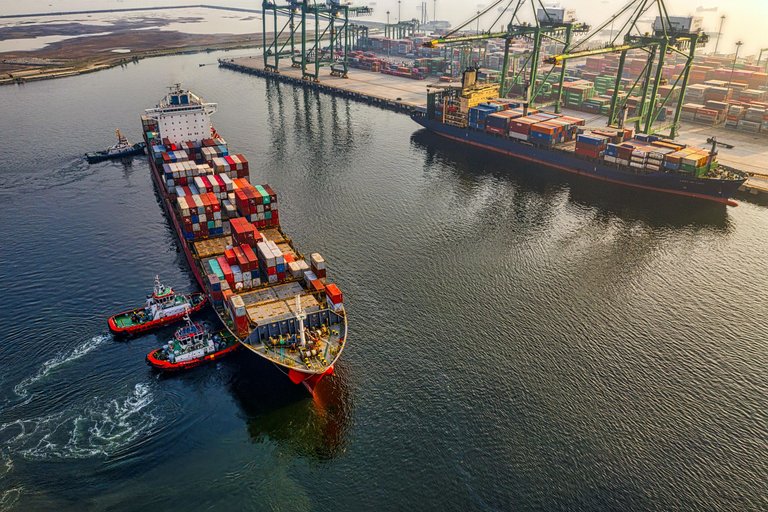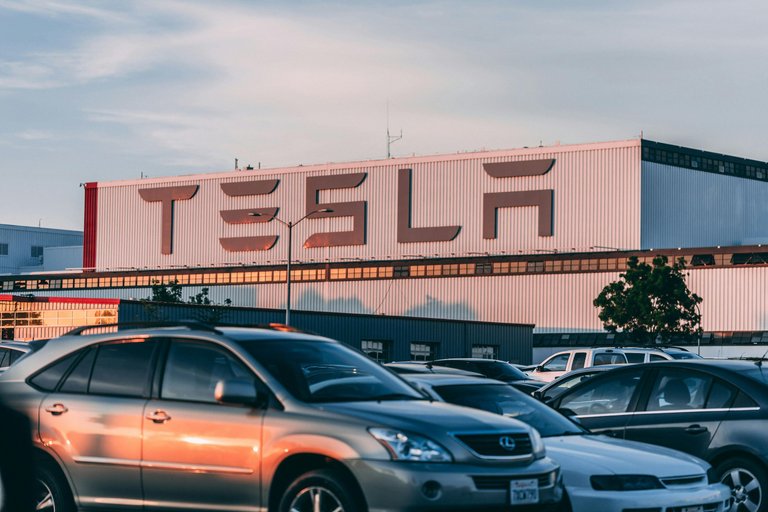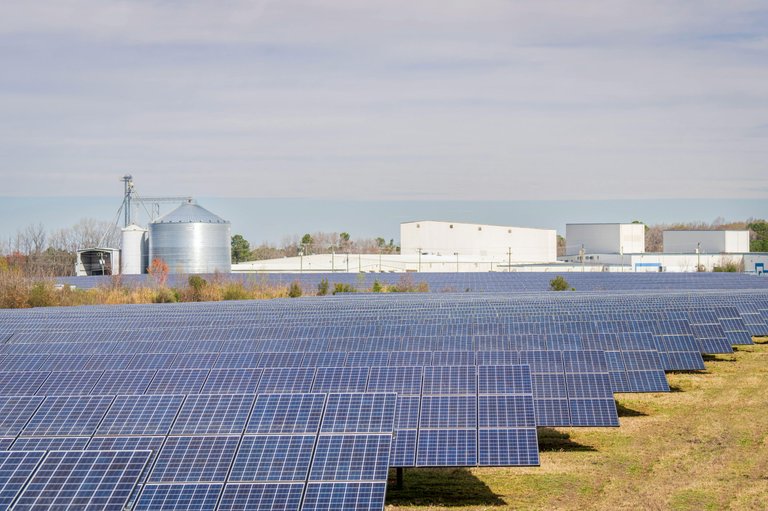Trump Won the U.S. Elections | How it will affect India?

Hello Readers,
Finally, the wait is over and Donald Trump will be back in the White House as the 47th President of the United States and obviously, a powerful shift that will be about to shake the entire world, including India as well. While Trump’s policies are mainly aimed at making America stronger and more powerful in all aspects, I think the decisions he is about to make can also change how countries like India do business and interact with the U.S. So in this post, Let’s take a deep dive and explore how a second Trump presidency might impact India across different industries like technology, trade, and geopolitics, as well as how it will affect our everyday lives. So if you are interested, let’s jump right in without further ado.
So, here is how I think a second Trump term could impact India, considering different sectors from IT to oil, and more.

1. Oil Prices and Inflation
- Current Scenario - India imports over 80% of its oil consumption, so even a small change in oil prices has a big impact on its economy. Crude oil prices currently fluctuate between $70-$90 per barrel (today it is at 72$ for WTI Crude with a +0.74% price change).
- Potential Impact - If Trump decides to end the sanctions on Russia, which is one of the largest oil suppliers in the world, oil prices could fall by up to 20%. A $10 per barrel reduction could save India billions of Dollars and significantly lower the inflation rate which is a big concern. Because fuel prices directly affect costs for goods, transportation, and utilities and a reduction could hugely impact India positively.

2. Trade Shift from China to India
- Current Trade Stats - In 2022, India’s total exports to the U.S. hit nearly $76 billion as per data and as you clearly see, this makes the U.S. India’s largest trading partner.
- Potential Increase - If Trump decides to apply heavy tariffs on Chinese goods in future, India could see its exports to the U.S. grow by as much as 10-15%, especially in textiles, electronics, and manufactured goods. This could favour India with at least an additional $7-10 billion in revenue for Indian exporters.

3. Impact on the Indian IT Industry and H1B Visas
- Current Numbers - Without a doubt, Indians have made a strong presence in the U.S., especially in the IT sector and India is the largest source of H1B visa holders in the U.S., with around 75% of H1B visas going to Indians, primarily for tech roles in IT companies.
- Potential Changes - Trump has stated in the past to provide US citizens with more jobs and this could lead to a huge problem, as Stricter H1B visa policies could reduce Indian IT professionals working in the U.S. by at least 10-20%, pushing up the operating costs for companies like TCS, Infosys, and Wipro to hire US citizens instead. This could impact India’s $150 billion IT export industry heavily by making it harder for companies to serve U.S. clients, potentially cutting revenue by 2-3%.

4. Pharmaceutical Exports to the U.S.
- Current Stats - As per data, India exports around $6-7 billion USD in generic drugs to the U.S. every year, making the U.S. its largest pharma market. This became possible because Indian companies used to sell their medicines for lower prices to acquire the market.
- Potential Impact - If Trump enforces drug price reductions in the U.S. in the near future, Indian pharma companies could face a sharp revenue drop of 5-10% or even more. This would mean a potential loss of up to $700 million to $1 Billion annually, impacting major Indian Pharma players like Sun Pharma and Dr. Reddy’s.

5. Automobile Sector
- Current Dependency - Indian auto part companies export a total of approximately $1 billion per year to the U.S., with a significant portion of this trade focused on EV components.
- Potential Impact - In spite of the good relationship between Trump and Elon Musk, Trump is more of a fan of fossil Fuel over EV. So, if Trump slows EV adoption and backs traditional fossil-fuel vehicles in future, this could reduce demand for EV components from India. However, an increment in medium and heavy infrastructure projects may drive up the demand for heavy-duty vehicle parts by 10%, benefiting Indian manufacturers who are focused on this segment.

6. Solar Industry
- Current Solar Exports - India’s solar exports to the U.S. are relatively modest when way lesser when compared to china, but this sector is also growing as the demand for solar installations is rising exponentially over time.
- Potential Boost - If Trump decides to increase tariffs on Chinese solar products in the near future, Indian companies could increase their solar component exports to the U.S. by at least 15-20%. This could bring in an additional $200-300 million per year, benefiting companies like Waaree Energies and Tata Power Solar.

7. Geopolitical and Defence Sector Opportunities
- Defence Spending - The Indian defence sector heavily relies on defence imports for nearly 60% of its needs, with the U.S. being a major defence supplier of the entire world.
- Potential Growth - Trump’s tough stance on China is well known and this may encourage India to strengthen defence partnerships with the U.S. If this happens, it could potentially lead to even bigger defence deals worth an additional $2-3 billion over the next four years.
Last but not least, I think Trump’s policies may act as a double-edged sword for India in the near future. While certain sectors like manufacturing, solar and even geopolitics could find great opportunities, on the other hand, sectors like IT and pharmaceuticals may face hurdles. This balancing act may reshape India’s economy and its role on the global stage while encouraging Indian industries to innovate, stay competitive and find new ways to adapt. Trump’s approach might create a blend of challenges and opportunities for India and let’s see how India handles it.
I hope you liked reading my post and now let me know your thoughts on this topic in the comment section below. That’s all for today readers and I will be seeing you all in my next post.
Posted Using InLeo Alpha